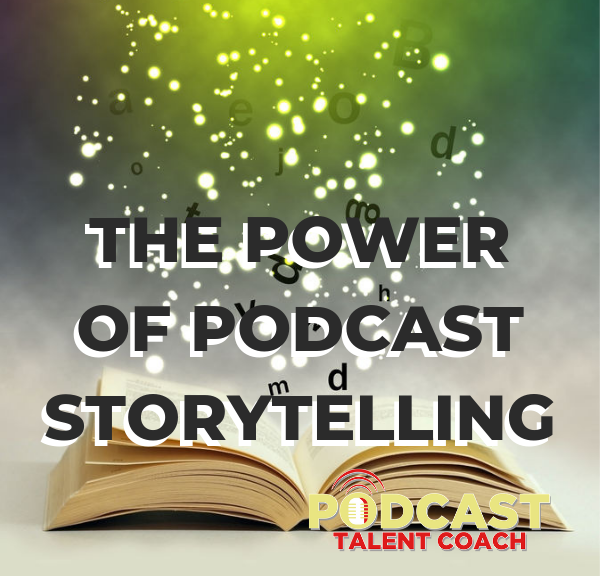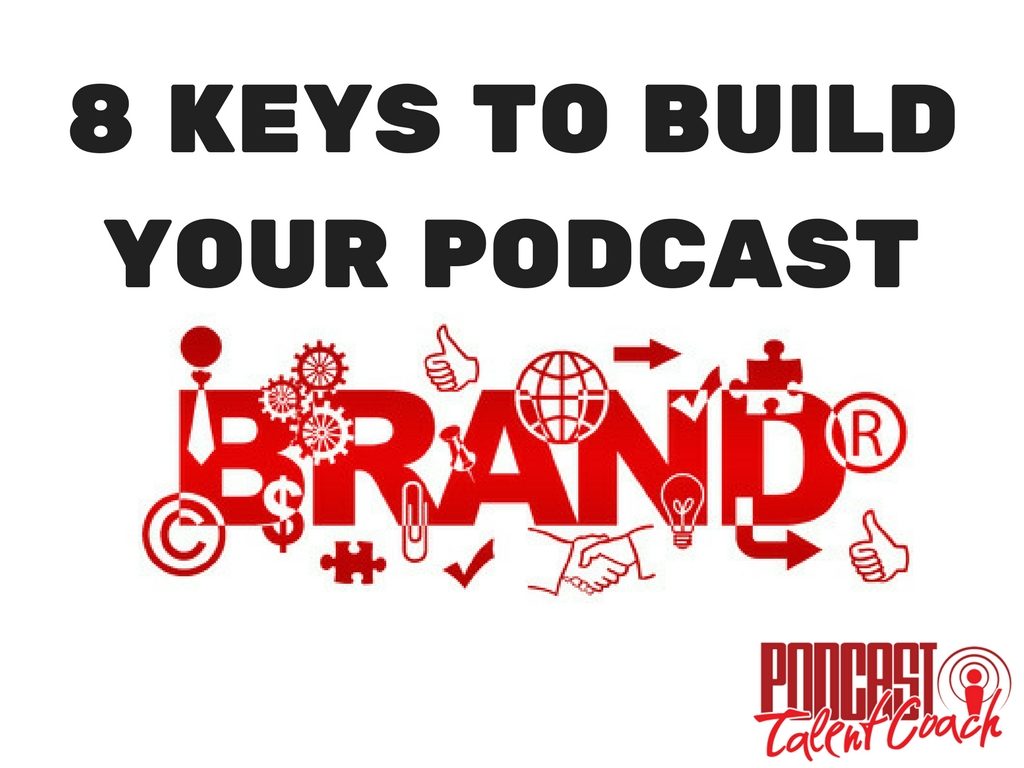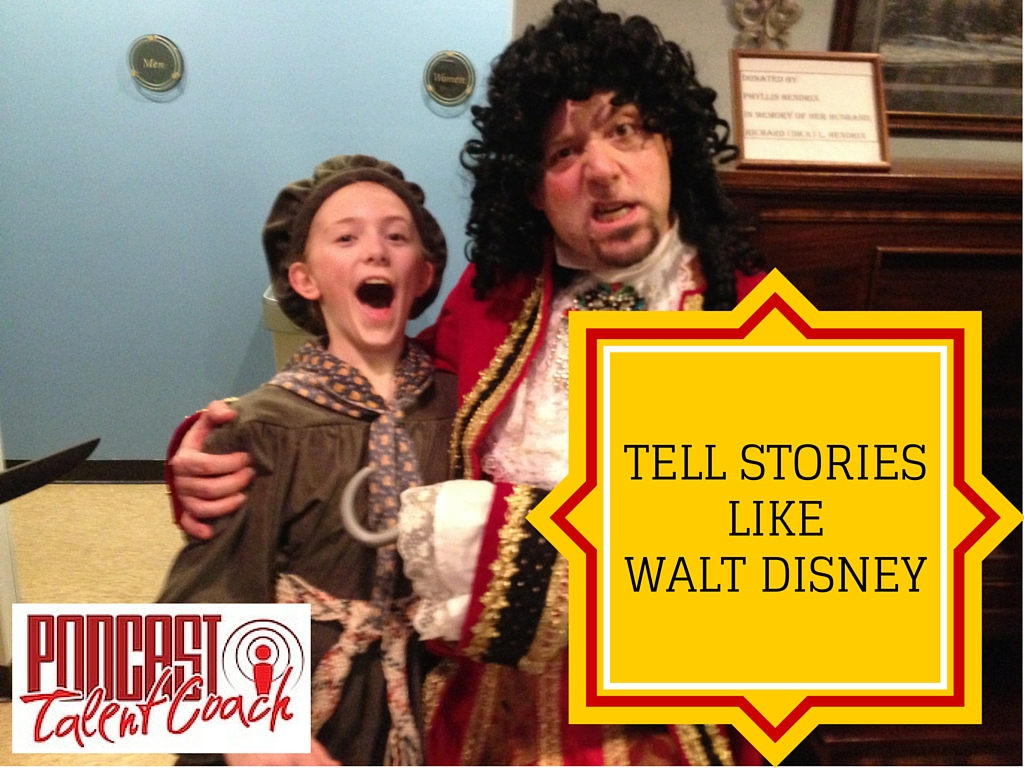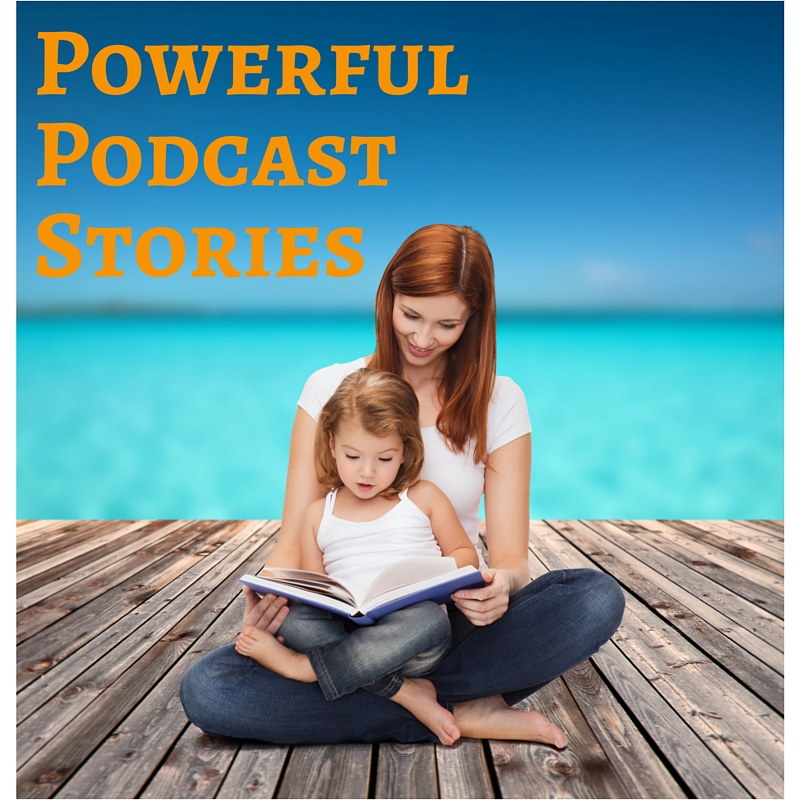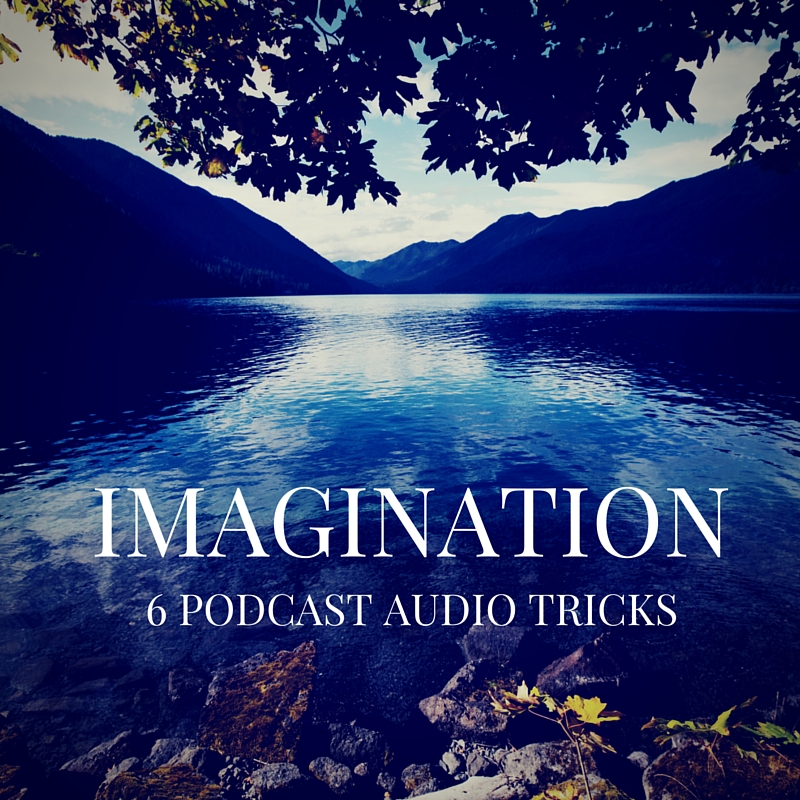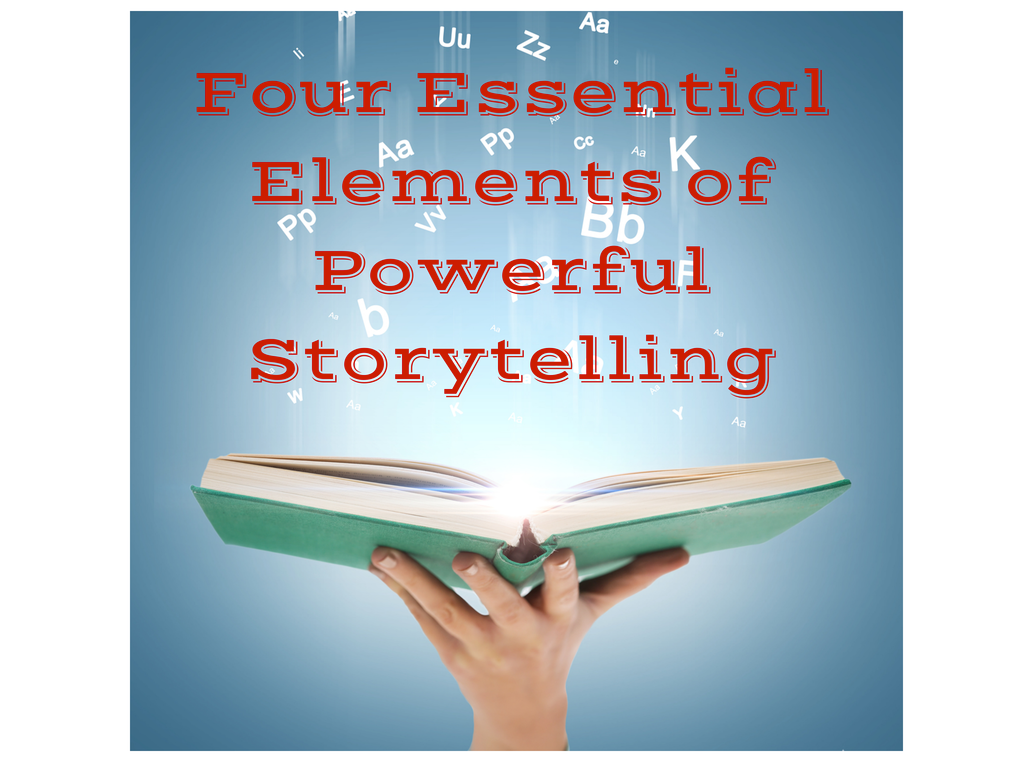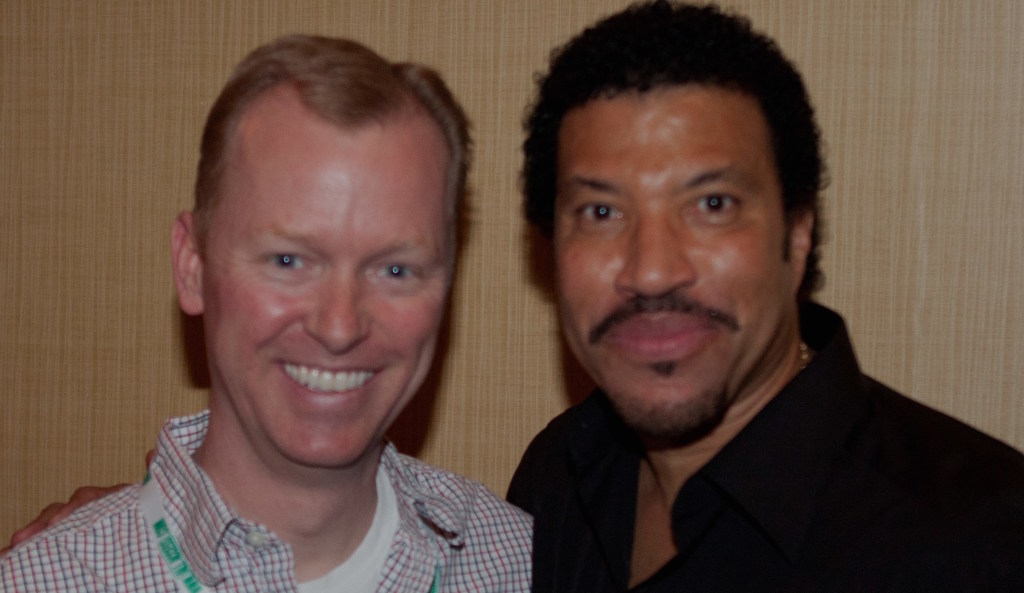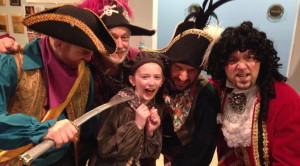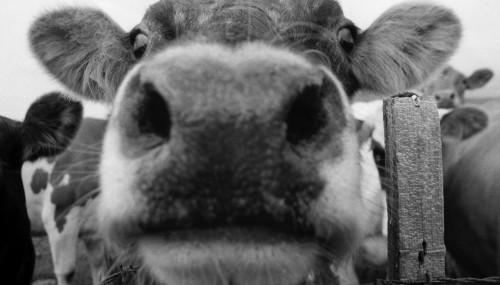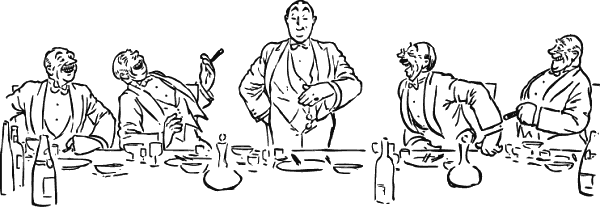Podcast: Play in new window | Download
Subscribe: RSS
So many podcasters tell me they want to create a podcast around their area of expertise, but fear there are already too many podcasts in that niche. When the space is occupied, should you stay away and find another niche.
If people are already experiencing success in your niche, that is proof there is a demand for your content. It doesn’t mean you should find an empty pool. You should just make your content unique.
It is like restaurants. Just because there is a pizza joint in your town, that doesn’t mean there isn’t room for another. Each restaurant will have a little different spin on their style. Different pizza for different times.
We have bunch of pizza spots here in town. Two of my favorite are Big Fred’s Pizza and Zio’s pizza. There are a ton of others, like Johnny Sortino’s, Ragazzi’s, La Casa’s, Sgt. Peffer’s and the chains. But these two are my favorites.
Fred was always a huge fan of Nebraska football and the restaurant shows. He opened the restaurant in 1965. Big Fred’s is the old school pizza joint with the old school sports bar feel from the 1970s when Nebraska won the National Championship twice. His pride shows throughout the establishment.
There is red carpet on the walls. Football helmets, photos and other memorabilia are mounted all around the place. You’ll find big screen TVs everywhere you look with various games on. The place is packed on football Saturdays.
As you walk in, the counter and cash register is at the door. Right in the middle of Big Fred’s is a huge bar that takes up about a quarter of the room. You can sit at the bar and eat, or you can sit at any of the square, bar style tables with the high back, vinyl covered chairs.
The vinyl covered menu has they typical Italian fare. You can order spaghetti, chicken parmesan, garlic cheese bread appetizers, ravioli and plenty of pizza. The pizza comes with all the usual toppings, like pepperoni, beef, olives, mushrooms and the like. It’s your standard, red sauce pizza.
Big Fred’s is a real man’s pizza joint.
Zio’s on the other hand has a very different feel. The Sherman’s opened the first location in 1985 with a very New York feel and attitude.
The restaurant is small, like you would find in New York. The original location had about 8 tables and 10 booths. The floor was black and white checkered tile. Photos of New York City hung on the walls.
The pizza at Zio’s is thin crust, New York style pizza. The toppings are adventuresome, like chicken pesto, artichoke hearts and feta cheese. Sure, you can get pepperoni and sausage. But, Zio’s is more known for pizzas like the margherite or original Thai pizza.
I love both places. It all depends on the mood and what we want at the time.
How do you make your content unique compared to the similar podcasts in your niche?
You use your story.
Just like Fred’s story is different from the Sherman’s story, and therefore gives their places a unique vibe, your story can make your show one of a kind. Storytelling can transform your podcast.
Your stories are unique to you. The way you have experienced events, and your interpretation of those experiences, cannot be copied by anyone.
People do business with people they know, like and trust. Stories can help you develop that knowledge, likability and trust.
Your stories define you. The stories you tell and the details you include reveal many things about you. Those details tell your listener what you value, what you believe and who you are as a person. That begins to develop likability and trust.
It can be a bit scary to reveal things about yourself on your podcast. Develop the ability to recognize your unique thoughts, and find the courage to reveal those thoughts on your show.
Don’t fit in, stand out.
Your personal experiences are the only way to make the content your own. Great songwriters do it. Great filmmakers do it. Share your stories and stand out.
Why are stories so powerful?
There was a great article in Psychology Today called “The Psychological Power of Storytelling”.
The article lists six psychological reasons why stories are so powerful.
1. Communication
Stories have always been a primal form of communication. They are timeless links to ancient traditions, legends, myths, and symbols. They connect us to a larger self and universal truths.
2. Connection
Stories are about collaboration and connection. They transcend generations, they engage us through emotions, and they connect us to others. Stories help us share our passions, sadness, hardships and joys. We share meaning and purpose. Stories are the common ground that allows people to communicate, overcoming our defenses and our differences. Stories allow us to understand ourselves better and to find our commonality with others.
3. Thoughts
Stories are how we think. They are how we make meaning of life. Stories are how we explain how things work, how we make decisions, how we justify our decisions, how we persuade others, how we understand our place in the world, create our identities, and define and teach social values.
4. Order
Stories provide order. Humans seek certainty and narrative structure is familiar, predictable, and comforting. Within the context of the story arc we can withstand intense emotions because we know that resolution follows the conflict. We can experience with a safety net.
5. Imagination
Stories are how we are wired. Stores take place in the imagination. To the human brain, imagined experiences are processed the same as real experiences. Stories create genuine emotions, presence (the sense of being somewhere), and behavioral responses.
6. Engagement
Stories are the pathway to engaging our right brain and triggering our imagination. By engaging our imagination, we become participants in the narrative. We can step out of our own shoes, see differently, and increase our empathy for others. Through imagination, we tap into creativity that is the foundation of innovation, self-discovery and change.
There is the key to storytelling with your podcast. We all seek to create more engagement. As you are developing your podcast brand, there is nothing more powerful.
ENGAGEMENT
In podcasting, you cannot afford to be boring. Interest in your story never remains constant. Your information can only become entertainment when interest is rising. A great story continues to develop the plot and raise the interest.
To create engagement, tell great stories. Keep the interest of your listener rising.
Date your listeners. You need to earn the privilege of talking to people who want to be talked to and selling things to people who want to be sold to. To earn that privilege, you need to build friendship.
Great friendships are developed through self revelation. When you share your personal thoughts and feelings with an individual through stories, you begin to create a bond with that person. It is life enrichment. Making our lives better through friendship is the reason we do not live is seclusion.
Over time, sharing stories will begin to build trust with your listener. Your stories share your values and beliefs.
Practice becoming a great storyteller.
GREAT STORYTELLERS
Practice being a great storyteller. Have the courage to listen to yourself. Hear and have courage to record your personal connections to the events happening around you.
When you use your podcast to create friendships, you are asking people to spend time with your every week. People share time with others that they like. They are asking themselves, “Would I enjoy taking a one-hour car ride with this person every week?”
People listen to audio while they drive, run and workout so they are not alone. They use the audio as companionship. Let your listener get to know you.
Your stories will also let others live vicariously through you. Your listener can enjoy your story of struggle and success without enduring the hard work and pain. Let them enjoy your stories.
ELEMENTS OF GREAT STORIES
There are four essential elements of great stories.
1. Engaging introduction
2. Reveal the details
3. Powerful Resolution
4. What else?
ENGAGING INTRODUCTION
Give them a reason to care. What do you want the audience to feel? Your stories make you human. Will it be humorous, compelling or tragic. My talent coach Bill McMahon would always ask, “What do you hope to make the audience laugh at, marvel at or better understand?”
Your listener can experience various emotions through your stories. You could elicit joy, sympathy, empathy, anger, tragedy, tenderness, humor, rage, patriotism or many others. Emotions make that personal connection to your story.
Pull your listener into the story. Your engaging introduction is a roadmap. It should be a solid headline that tells your listener exactly where your story will go. “Tell me if I’m gonna go to Hell for this…”
REVEAL THE DETAILS
Details are more believable than generalities. Your details will make your story come to life.
When you develop your details, use all 5 senses. Draw the picture in the mind’s eye of your listener. Make the story come to life. Put your listener right there in the moment. This is theater of the mind.
Your details reveal specifics about your thoughts, beliefs and character.
RESOLUTION
Your resolution should be a powerful reframing of introduction. Your will know when you reach your conclusion when you have successfully achieved the emotional goal set at the beginning. What did you hope to make your audience laugh at, marvel at or better understand? When you’ve achieved that goal, get to the resolution.
WHAT ELSE?
Asking “What Else” will transform your show. Let your story lead to something bigger. Maybe you turn your story into a discussion on Facebook. Maybe your story leads into an interview. What else can you do with it? Create some great entertainment.
HOW YOU CAN BE A STORYTELLER
Use these four elements to tell stories in your podcast. When you are interviewing others, get your guest to tell powerful stories as well. Stories are much more compelling and engaging.
- What do you want to make your listener feel?
- What is the engaging set up?
- How will it be revealed in the story with vivid details?
- What is the resolution?
- What else can you do with it?
Tell stories. Don’t fit in. Stand out. Be unique.
I’d love to help you with your podcast. E-mail any questions or comments you might have to Coach@PodcastTalentCoach.com.
You can also find tools to help you create great content at www.PodcastTalentCoach.com.
Let’s turn your information into engaging entertainment.
